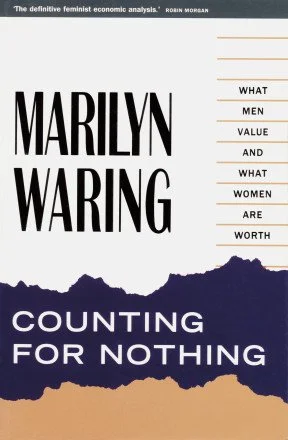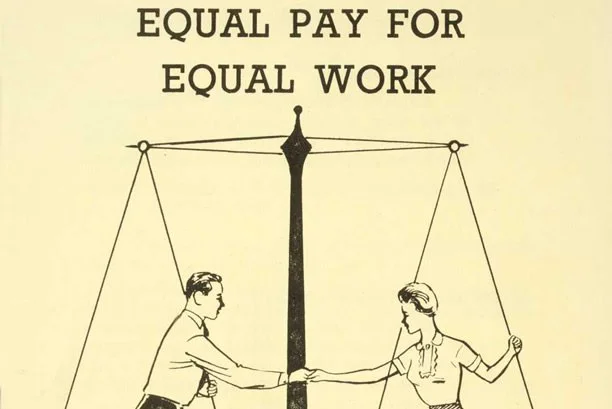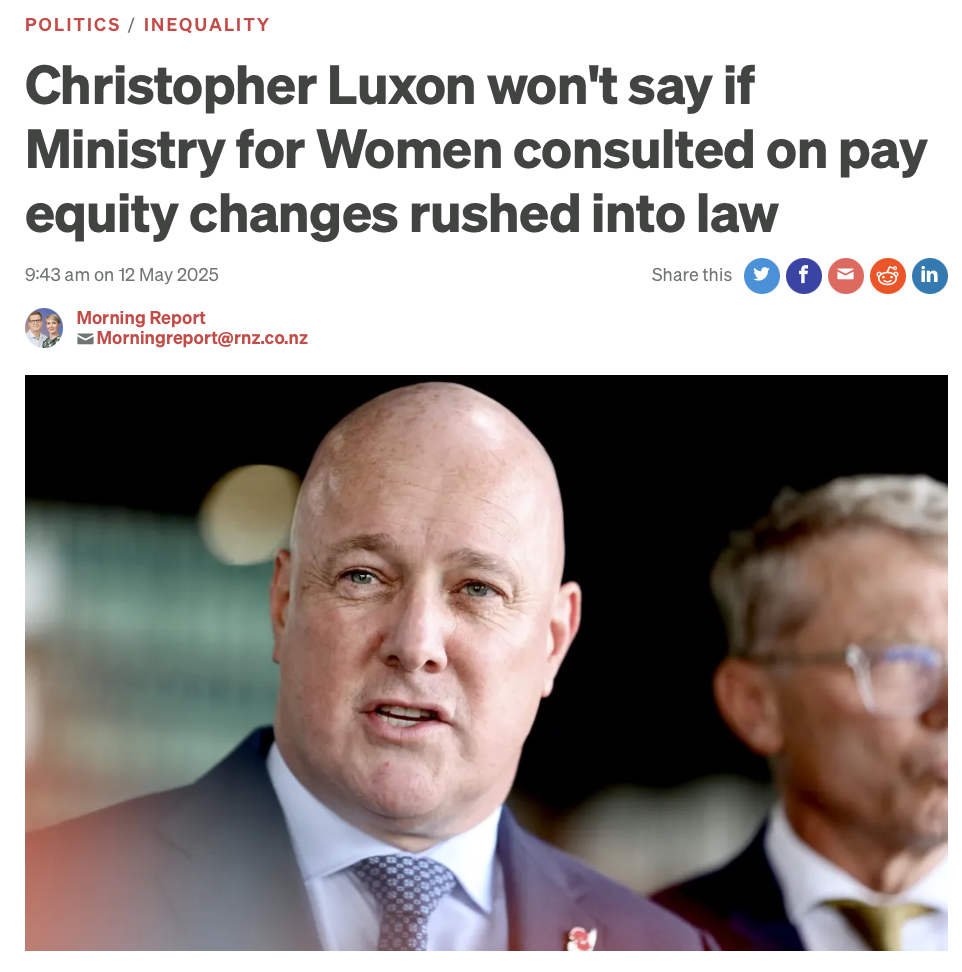Reflections on pay equity
By Dr Paul Dalziel, Research Economist
A wellbeing economy rests on two foundations – the wellbeing of the planet and the wellbeing of people.
This principle is famously expressed in the doughnut model introduced by Kate Rowarth. Our prosperity depends on our economic activities staying within planetary boundaries while ensuring everyone can access the material resources needed to lead good lives.
In Aotearoa New Zealand, Dame Marilyn Waring emphasised these ideas in her famous book that analysed how economists measure economic performance. Published in 1988, Counting for Nothing showed how the System of National Accounts devalues contributions to wellbeing made by women’s work and by the natural environment.
Changes have been made since her analysis. New Zealand now has a Parliamentary Commissioner for the Environment and a Ministry for Women. Nevertheless, Dame Marilyn’s 2018 book, Still Counting, shows that policies continue to prioritise economic growth over economic wellbeing, damaging planet and people in the process.
In 2025, that process is accelerating. On 13 February 2025, the Government announced its priority of Going for Growth. WEAll has pointed out high economic growth is no guarantee of lower child poverty, is not the same thing as a strong economy, and may mean we simply arrive more quickly at a place we don’t want to be.
This will be the case if we aim to grow our economy at the expense of damaging our nation’s natural environment or social fabric. The Fast-track Approvals Act 2024, for example, aims to facilitate projects with significant regional or national benefits by short-circuiting normal process for evaluating environmental costs.
Another example is the draft revised edition of the Government Procurement Rules. Changes from the current edition reduce the imperative to use Government procurements to reduce environmental damage (including climate change) and improve conditions for workers. The proposed edition will reduce the Government’s commitment to paying living wages.
Council for Equal Pay and Opportunity (CEPO) poster from 1961
On 6 May, the Government announced it was introducing that day amendments to the Equal Pay Act 1972 to discontinue current pay equity claims. The Cabinet Paper acknowledged that this departed from the presumption that legislation will not be applied retrospectively, but argued it was justified to meet the policy objectives of the new legislation.
Radio New Zealand subsequently reported there were 33 cancelled claims affecting 150,000 female workers. The same report also said the Prime Minister wouldn’t say if the Ministry for Women had been consulted on the change. Instead, the amendments were passed under urgency on 8 May, without going to a Select Committee for scrutiny.
Like the Fast-track Approvals Act 2024, this process short-circuited normal processes designed to protect fundamental values for wellbeing. Many of the cancelled pay equity claims had been proceeding for years, but were stopped by the Government in just two days.
Dame Anne Salmond, writing for Newsroom about the legislation, describes her feelings as “incandescent with rage”. Her article links the changes to the weakening of environmental protections to facilitate extractive industries, as do we.
The actions we take today impact on the wellbeing of future generations. This means we must adopt a long-term view on all our economic policies. It also means we must take time to ensure decisions in the public and private sectors genuinely promote the wellbeing of the planet and people, now and into the future.
WEAll therefore disagrees with the decision to rush amendments to the Equal Pay Act under urgency and with the decision to make the amendments retrospective. This is not the way to design economic policy that will successfully promote the wellbeing of current and future generations.



